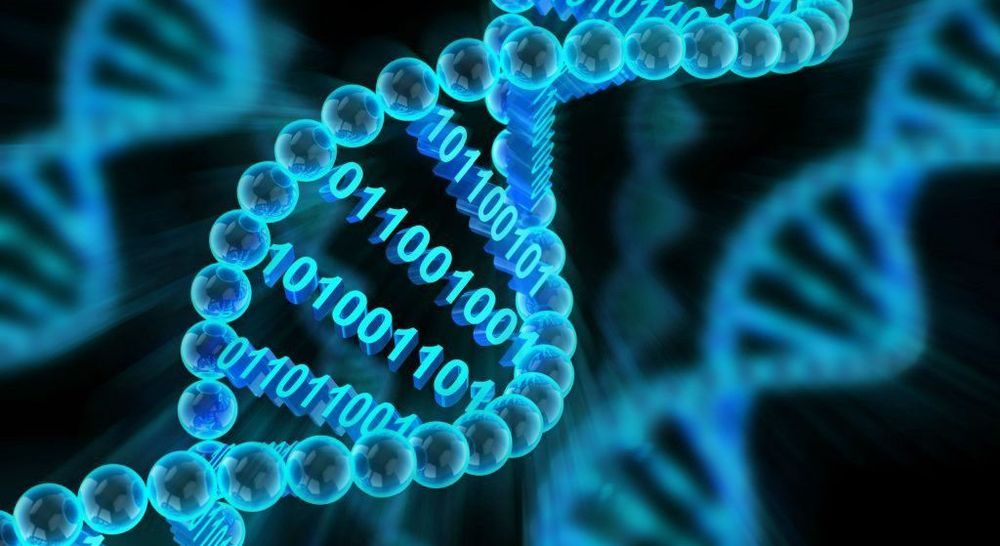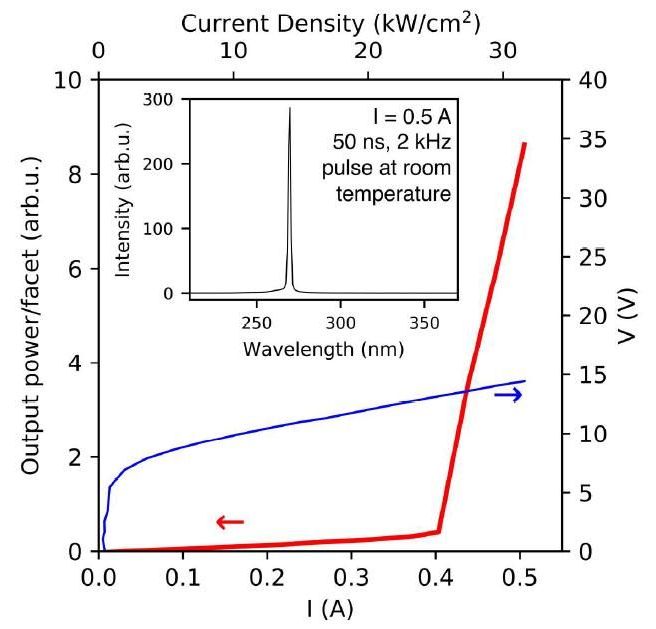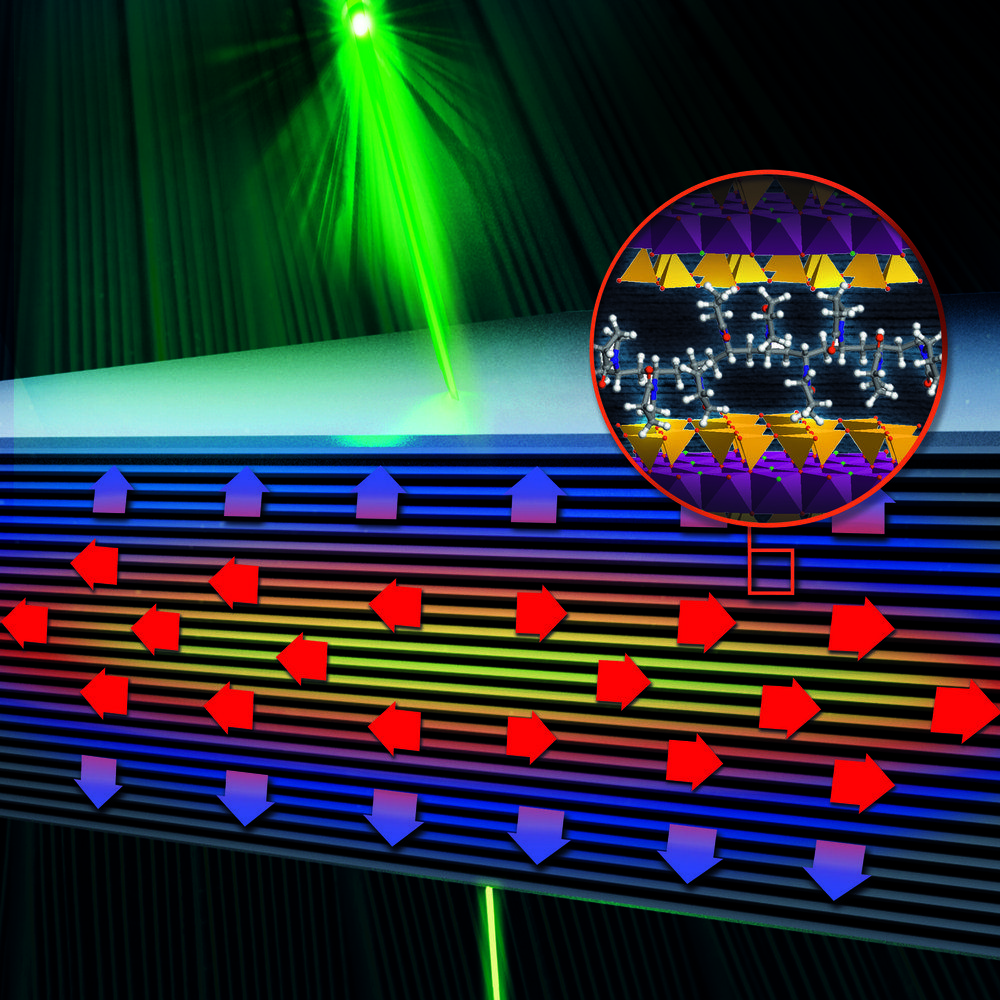Can this “shed new light” on the scourge To explore new physical means in controlling locusts, semiconductor continuous diode laser (wavelength 808nm, power 2W) was used to evaluate the effect of laser irradiation on locusts(Locusta Migratoria Manilensis) and host plants (fresh Gramineous Plant Green Bristle Grass).At different distances and time, the heads of Ⅰ-Ⅲ instar nymphs and Ⅵ-Ⅴ instar nymphs were irradiated, and the death rate was observed two hours, two days and three days after treatment;the leaves and stems of host plants were irradiated, and the growth state was observed. The results indicated that the locusts were killed when power density nears the tissue’s thermal damage threshold.
Category: computing – Page 768

Coming Soon to a Processor Near You: Atom-Thick Transistors
Devices made with 2D semiconductors might start to appear sooner than you expected.
If there’s one thing about Moore’s Law that’s obvious to anyone, it’s that transistors have been made smaller and smaller as the years went on. Scientists and engineers have taken that trend to an almost absurd limit during the past decade, creating devices that are made of one-atom-thick layers of material.
The most famous of these materials is, of course, graphene, a hexagonal honeycomb-shaped sheet of carbon with outstanding conductivity for both heat and electricity, odd optical abilities, and incredible mechanical strength. But as a substance with which to make transistors, graphene hasn’t really delivered. With no natural bandgap—the property that makes a semiconductor a semiconductor—it’s just not built for the job.
Instead, scientists and engineers have been exploring the universe of transition metal dichalcogenides, which all have the chemical formula MX2. These are made up of one of more than a dozen transition metals (M) along with one of the three chalcogenides (X): sulfur, selenium, or tellurium. Tungsten disulfide, molybdenum diselenide, and a few others can be made in single-atom layers that (unlike graphene) are natural semiconductors. These materials offer the enticing prospect that we will be able to scale down transistors all the way to atom-thin components long after today’s silicon technology has run its course.


LG TV Morphs From Flat Screen to Curved With Press of a Button
At CES, LG Display is showing off a 65-inch concept TV that can bend at the edges, allowing it to switch from a flat-screen display to a curved one in about five seconds. The company also put a bendable OLED on a foldable tablet/laptop.

Material developed which is heat-insulating and heat-conducting at the same time
Styrofoam or copper—both materials have very different properties with regard to their ability to conduct heat. Scientists at the Max Planck Institute for Polymer Research (MPI-P) in Mainz and the University of Bayreuth have now jointly developed and characterized a novel, extremely thin and transparent material that has different thermal conduction properties depending on the direction. While it can conduct heat extremely well in one direction, it shows good thermal insulation in the other direction.
Thermal insulation and thermal conduction play a crucial role in our everyday lives—from computer processors, where it is important to dissipate heat as quickly as possible, to houses, where good insulation is essential for energy costs. Often extremely light, porous materials such as polystyrene are used for insulation, while heavy materials such as metals are used for heat dissipation. A newly developed material, which scientists at the MPI-P have jointly developed and characterized with the University of Bayreuth, can now combine both properties.
The material consists of alternating layers of wafer-thin glass plates between which individual polymer chains are inserted. “In principle, our material produced in this way corresponds to the principle of double glazing,” says Markus Retsch, Professor at the University of Bayreuth. “It only shows the difference that we not only have two layers, but hundreds.”

Scientists Create “Strange Metal” Packed With Entangled Electrons
And it could help in the development of quantum computers.

‘Invisible computing’ startup unveils smart contact lens
A startup focused on “invisible computing” Thursday unveiled a smart contact lens which delivers an augmented reality display in a user’s field of vision.
The Mojo Vision contact lens offers a display with information and notifications, and allows the user to interact by focusing on certain points.
The rigid contact lens, which the company has been developing in stealth mode for some 10 years, may also be used to help people with visual impairments by using enhanced image overlays, and has obtained US approval for testing it as a medical device.